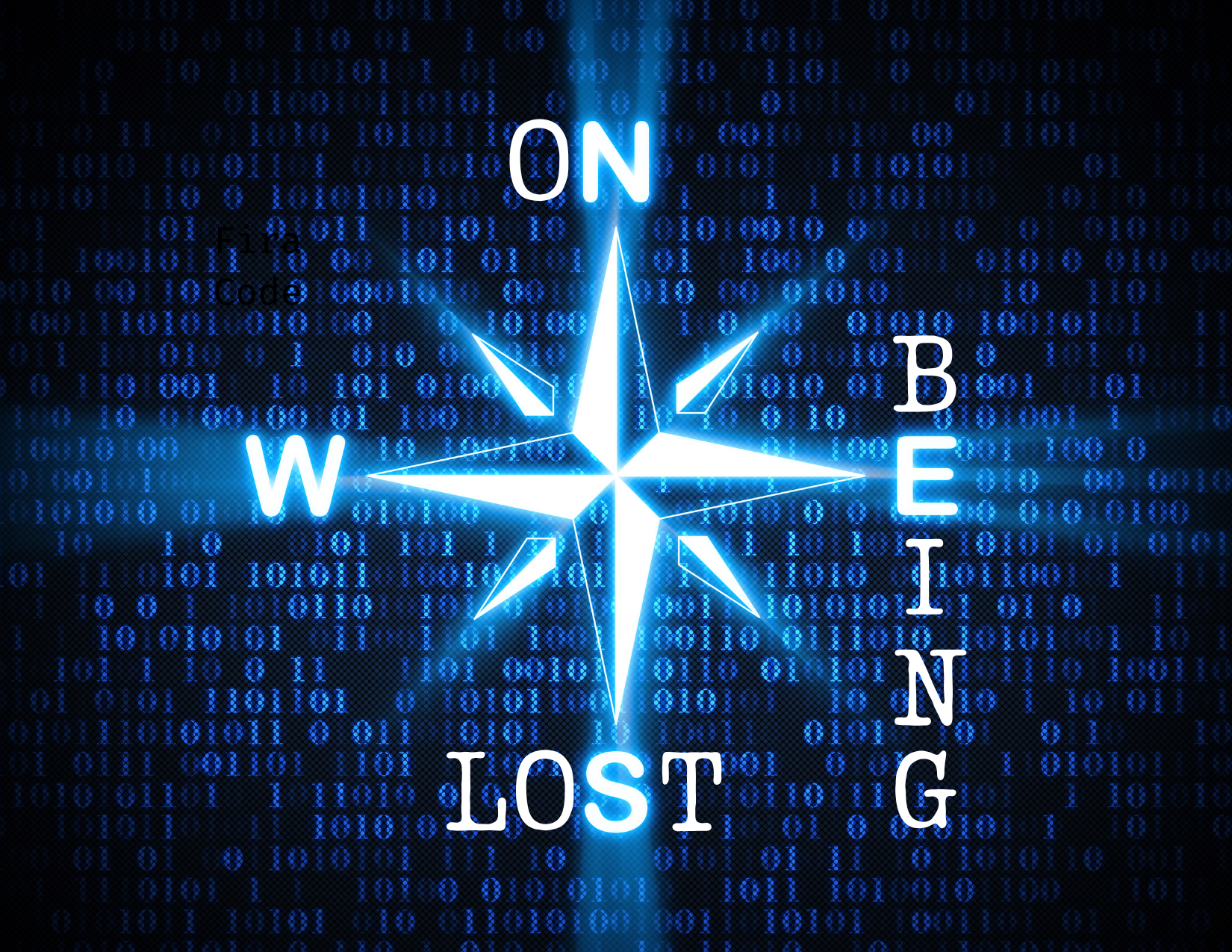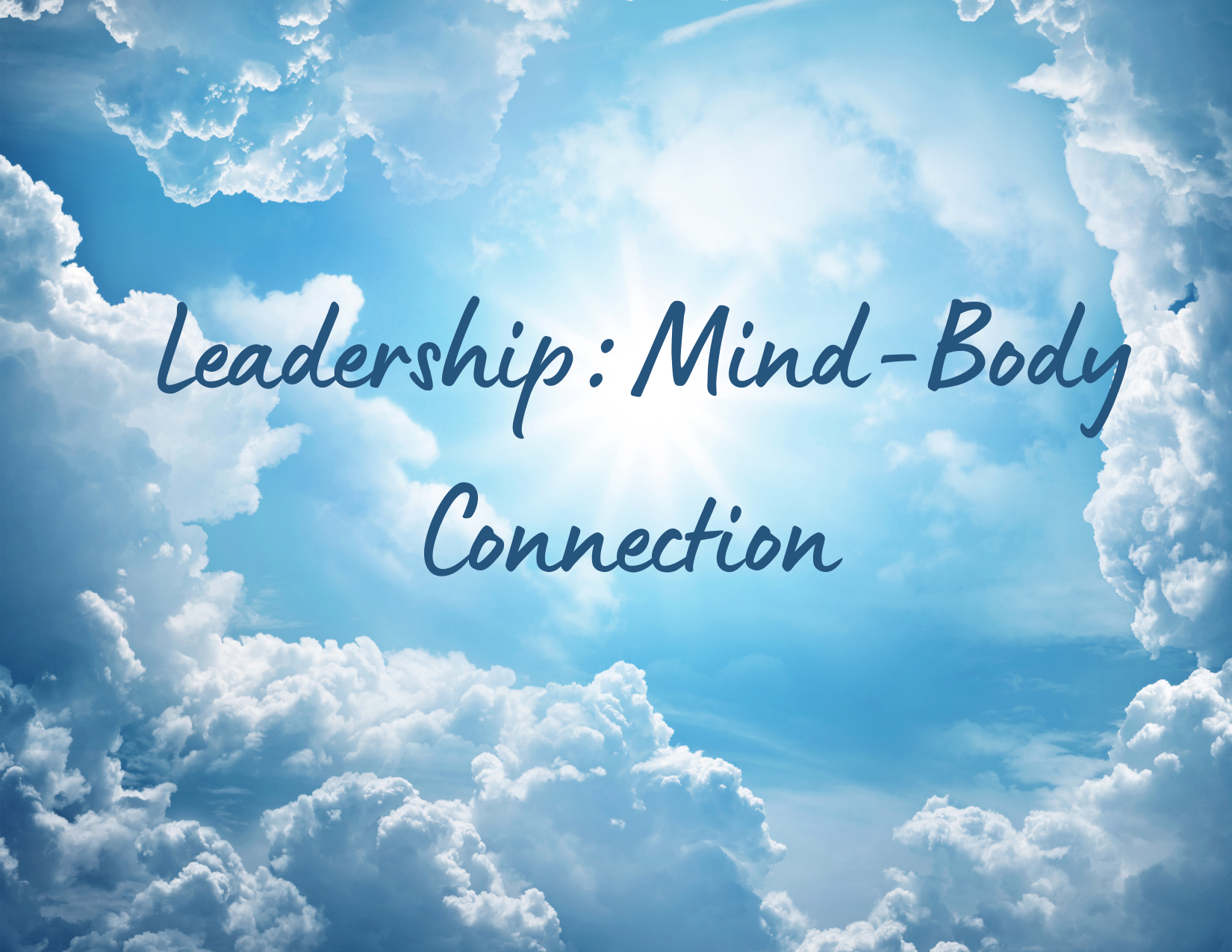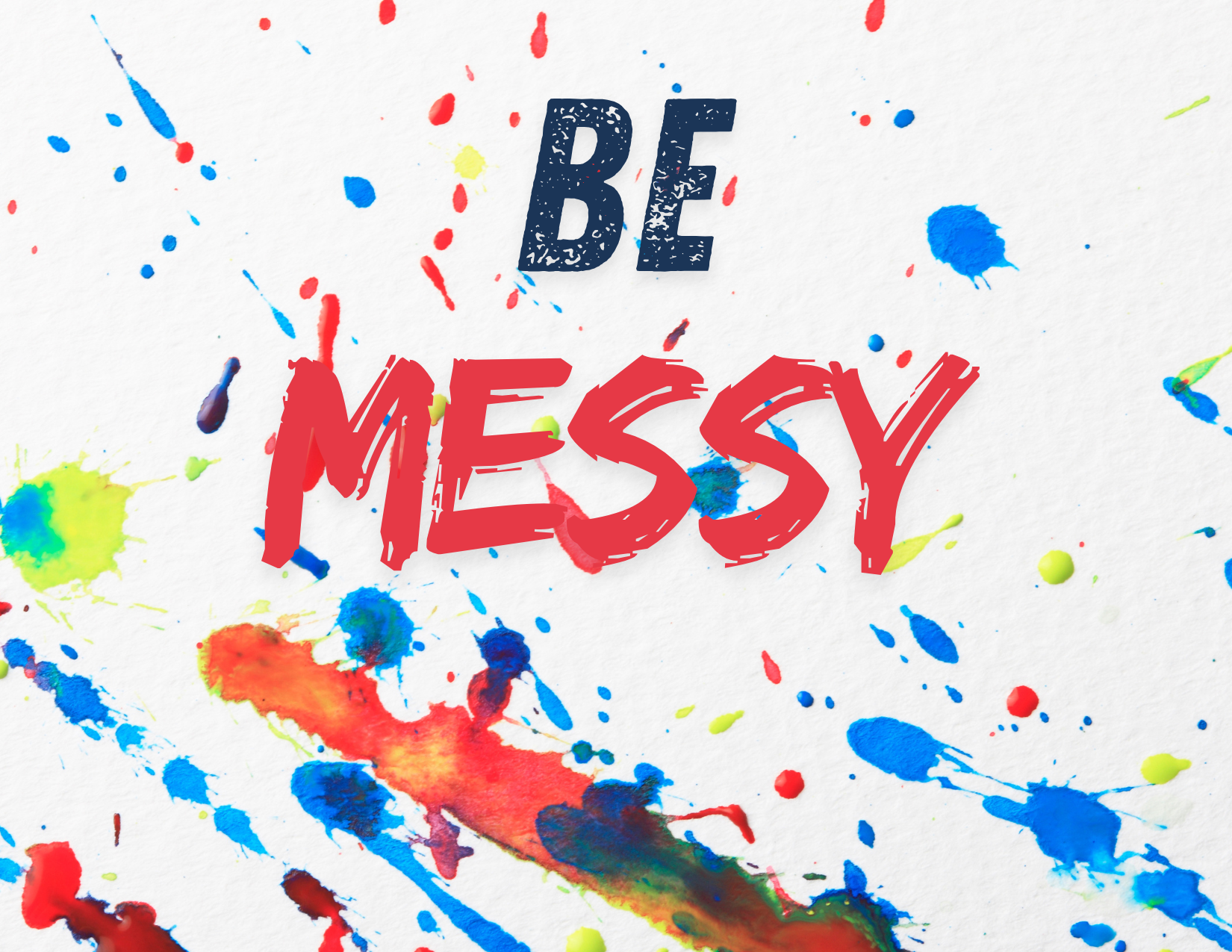The idea of wellness is not new. We all know what it means and why it is crucial for our personal and professional lives. However, committing to wellness can be challenging for many of us because it requires us to make physical and behavioral changes, which can be difficult to achieve due to our entrenched habits and routines.
Wellness is a crucial component of a successful leader’s toolkit, providing energy, clarity of thought, and the capacity to lead. Leaders who focus on their physical, emotional, and mental wellness can manage themselves better and productively lead their teams. During stressful situations, a healthy mind and body can provide the stamina needed to face problems head-on and find solutions. Honest self-awareness is important because it will provide information about how you feel, which will be necessary for recalibrating yourself.
There are many strategies for committing or re-committing to yourself. All require planning. Don’t cringe; you can loosely plan, but having a framework is necessary for keeping your commitment. Realizing that some of us are left-brain and some are right-brain oriented, there are many possibilities for how your plan can manifest. You can map out your intentions by creating a calendar, a one-page document, or a digital or cut-and-paste vision board.
There are many practices that I have been trying to make habitual to honor wellness in my life. All require blocking time in advance. I stray from my intended path and don’t want to fool you. My goal is to remain consistent, and I pull myself back on the path when I find myself veering. Sometimes, it takes longer to get back on track, but I give myself grace. I try to have daily, monthly, and annual practices. This might look like waking up early to exercise because I know I will not do it at the end of the day, using my Sunday mornings to commit to my writing, or planning vacation days randomly during the year as a personal treat for time with myself.
However, one activity I do almost annually has proven to stand out among anything else to help with my mental and physical well-being, and that is taking a one-week self-guided retreat. If you want to go on an adventure with yourself, I have some tips below. Depending on your interests, there are numerous ways to take a personal retreat, like going to a resort or having a more professionally curated experience.
Tips for a self-guided retreat:
- Vacation or staycation – Decide where you want to retreat. You may need to leave your home if you want to be alone. You do not need to go far; you can stay for a week in a hotel or bed and breakfast. Choose a location that allows you to relax and recharge.
- Decide your budget and timeline – Plan for at least three days. Depending on how you plan to use your time, plan a budget considering the activities you want to participate in or things you want to do. For example, if you don’t want to cook a single meal, map out the cost of eating out versus buying your food and cooking.
- Pack your bags accordingly. Include all the clothing and supplies needed for the retreat, exercise gear, health supplements, books, journals, etc. What do you need and don’t want to buy at the store?
- Once you are at your location, create time for planning your days, including rest, relaxation, and reflection. Construct your retreat document or guide. This can take any form that is meaningful to you and articulates your purpose for your retreat. You are likelier to stick to your goals if you write them down.
- Find a bed for your cell phone and disconnect from technology. A dresser drawer works well.
- Begin your retreat with an open mind and heart, ready for whatever change you want to invite into your life. Change does not require grand gestures; gradual movement and consistency win the race.
Celebrate your progress and success!







